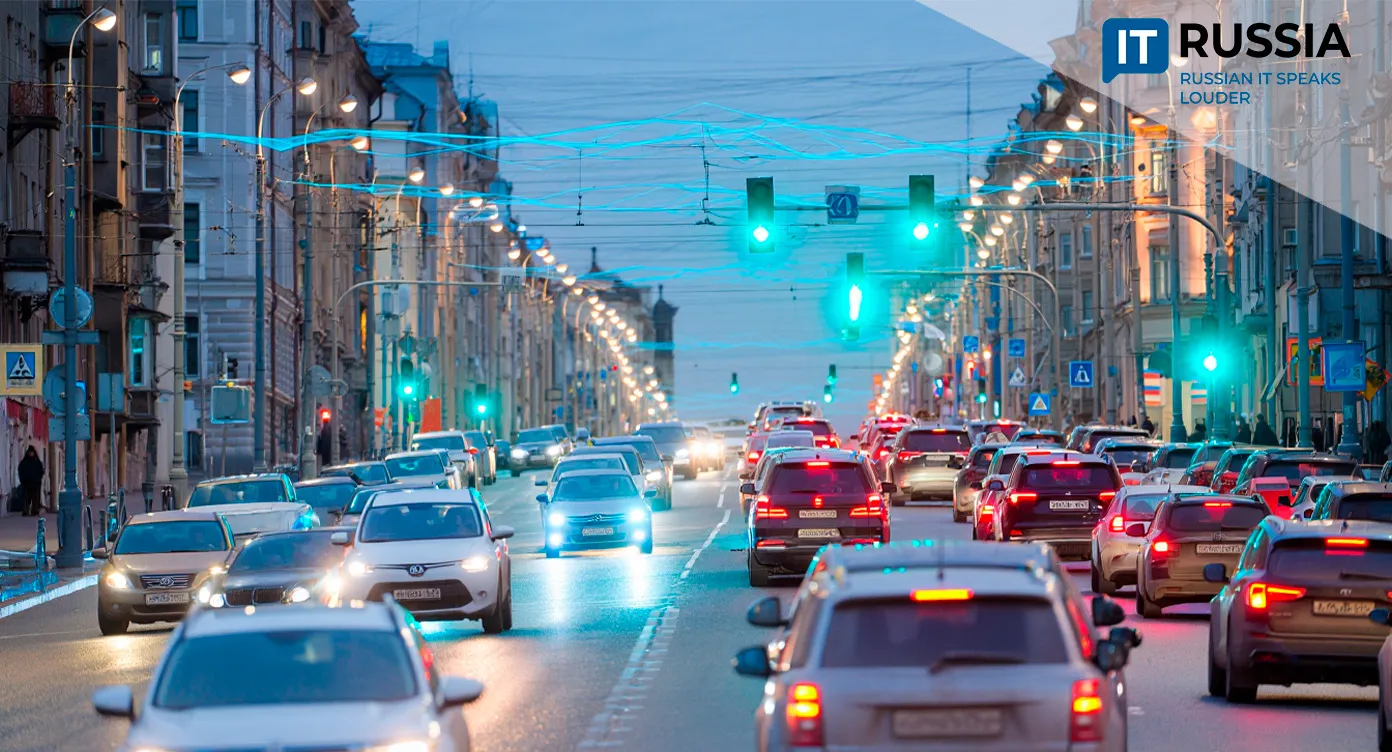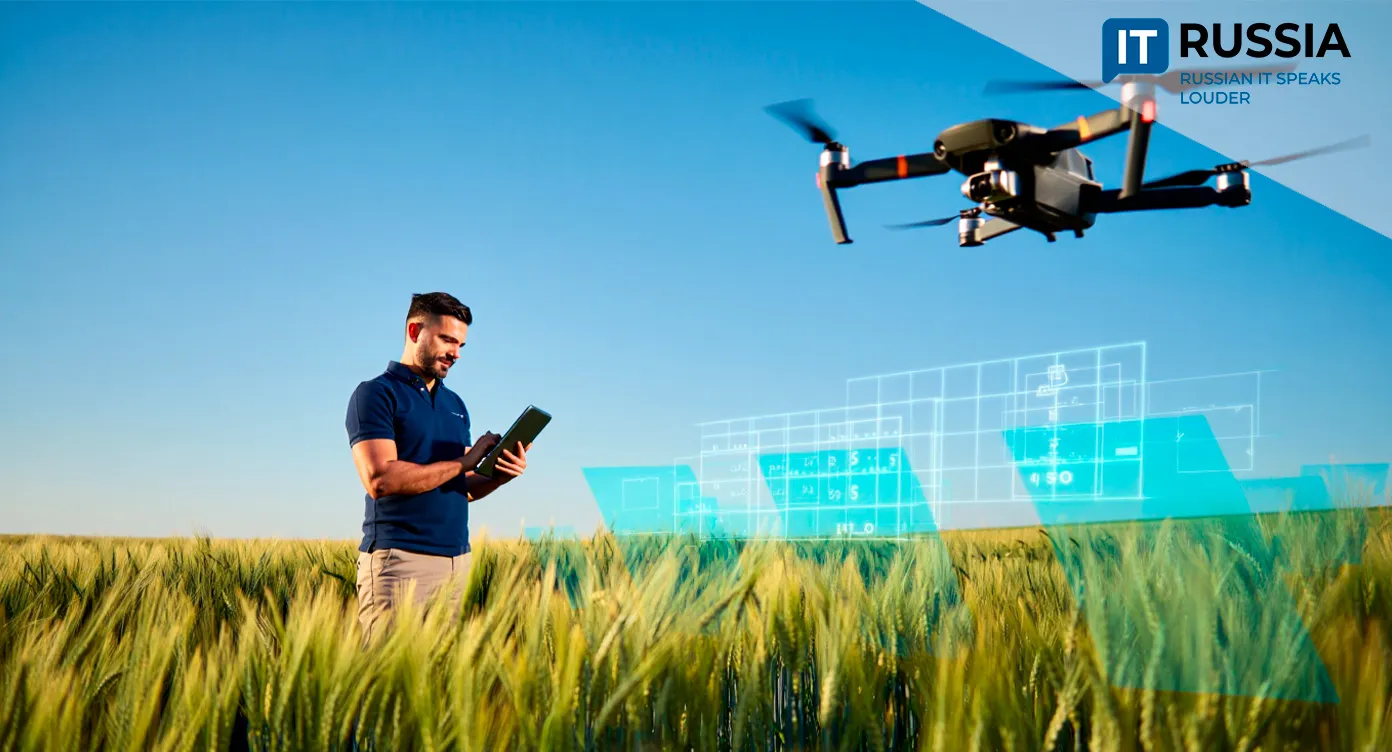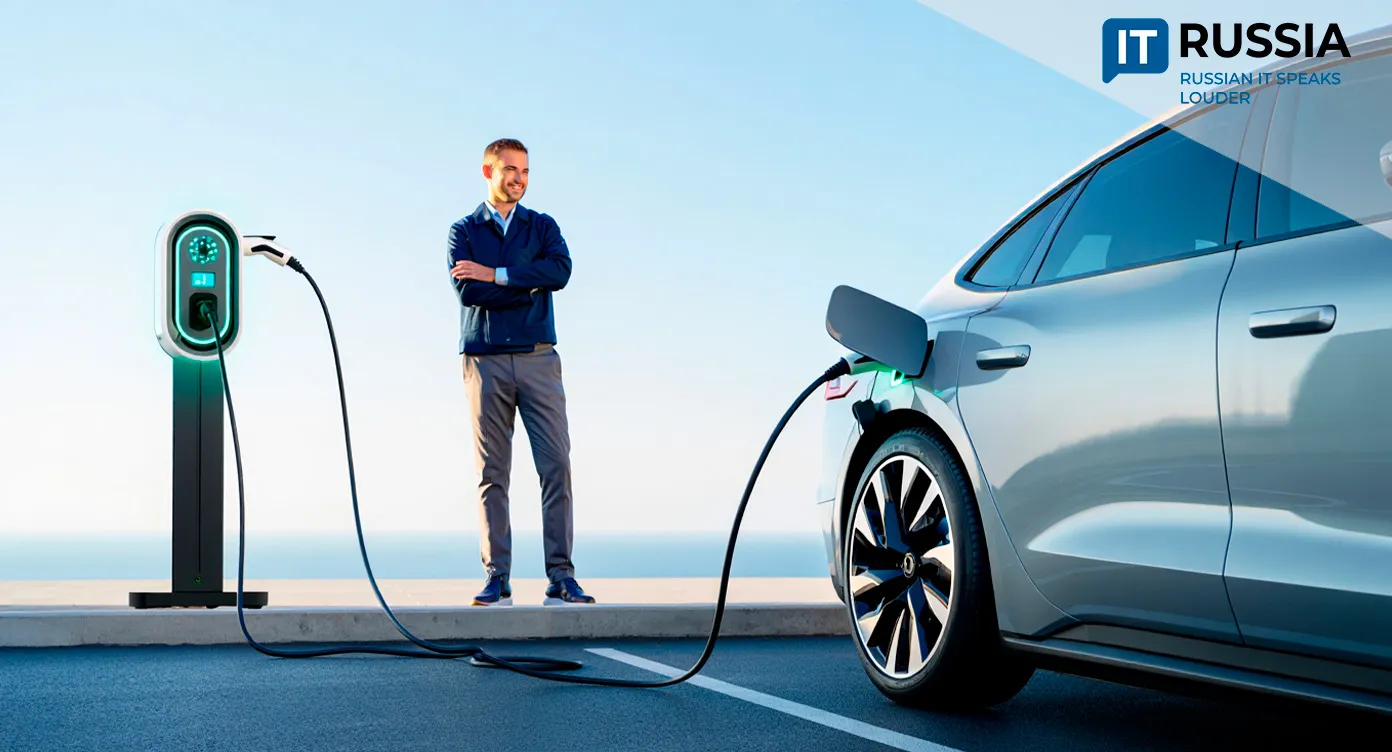Moscow Goes Digital: 'My Payments' Service Breaks New Records
A quiet revolution is underway in Moscow’s housing and utilities sector as more residents abandon paper bills and long lines in favor of digital services. In early 2025 alone, the city’s 'My Payments' service on mos.ru and its mobile apps processed more than nine million transactions — a 20% increase over last year, according to the Moscow Department of Information Technology.

From Payments to a Digital Ecosystem
This surge in demand for online services reflects the deep integration of digital tools into Moscow’s everyday life. The 'My Payments' service has evolved far beyond a basic payment platform. With automatic bill detection, templates, batch payments, and auto-pay features, it saves time for hundreds of thousands of Muscovites.
Over the past eight years, citizens have used it to pay more than 60 million utility bills. This success is part of a broader effort to build a unified digital ecosystem for the city. The mos.ru portal, which serves as its hub, now hosts over 450 services — ranging from medical appointments and school enrollment to charity donations and business support.

Experts note that digital government is not simply about putting existing services online, but about rethinking them to work seamlessly alongside traditional models.
Continuous Modernization as a Strategy
The mos.ru ecosystem is continuously upgraded, with regular updates improving functionality and user experience. Looking ahead, the 'My Payments' platform is expected to expand, adding options to pay for new municipal and public services.
This digital approach significantly reduces city management costs, increases transparency in billing, and minimizes corruption risks. The ongoing development of mos.ru aligns with the goals of Russia’s national project 'Data Economy and Digital Transformation of Government' and Moscow’s regional initiative 'Digital Public Administration.'
A Model for Other Regions
Moscow’s success story is setting trends across the country. The digitalization of the housing and utilities sector is becoming a steady nationwide movement. In 2022, the Russian Ministry of Construction and Housing began developing a plan to transition the industry to electronic billing.
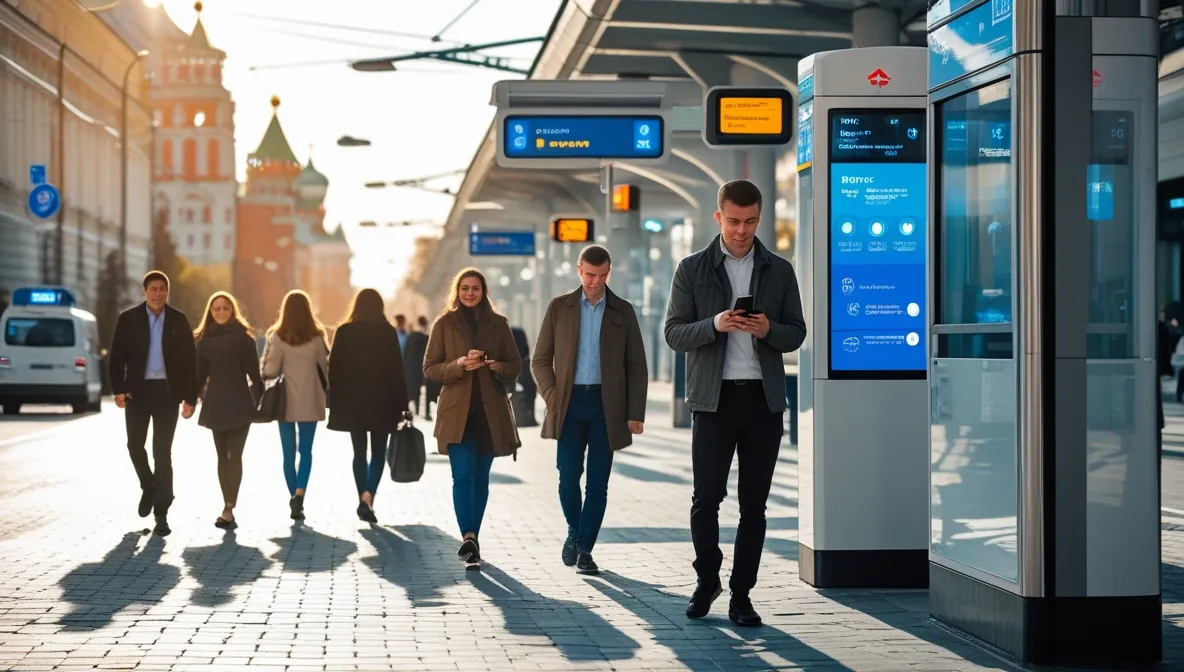
In 2025, the Moscow region launched a pilot project allowing citizens to voluntarily opt out of paper bills. By October 2025, the Ministry proposed publishing digital utility bills simultaneously in two national information systems: the GIS Housing and Utilities platform and the federal Gosuslugi portal.
Smart Infrastructure and the Future of Urban Services
The next phase of digital transformation may involve integrating payment systems with resource consumption analytics, encouraging citizens to conserve water and energy. Further links to smart city systems and dynamic metering could help build a more sustainable and responsive urban infrastructure.
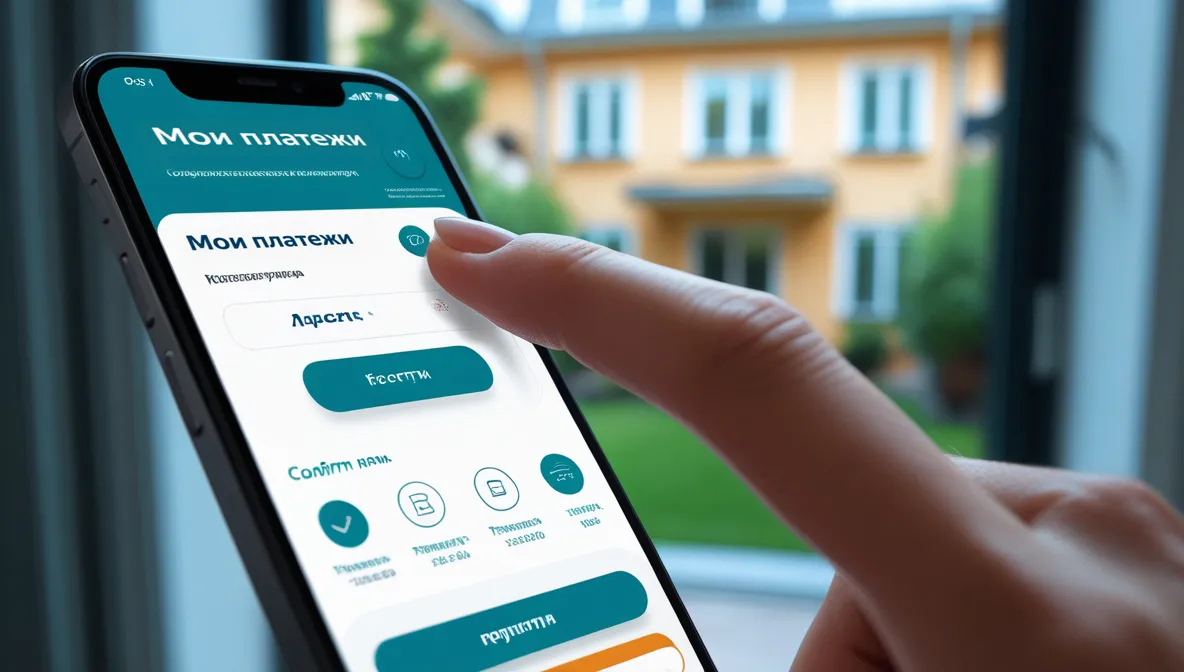
Experts emphasize that successful replication of Moscow’s experience across other regions will depend on the availability of digital infrastructure, digital literacy among citizens and government employees, and cybersecurity. In the coming years, full integration of payment services with other city systems could pave the way for truly smart, efficient, and citizen-friendly urban environments across Russia.





